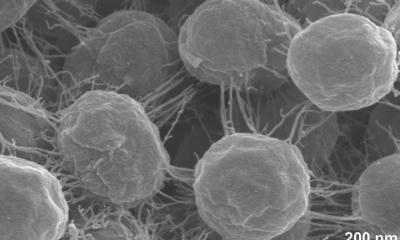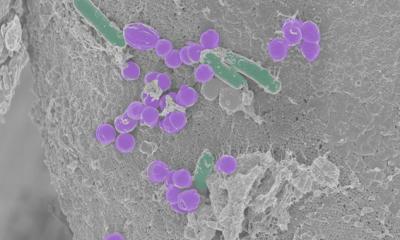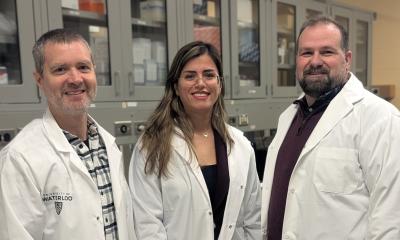Vitamin pills increase mortality
Denmark - Vitamins A, E and beta carotene, taken singly or with other supplements, 'significantly increase mortality' according to a review study released by the Cochrane Hepato-Biliary Group* at Copenhagen University Hospital. Their study, published in the Journal of the American Medical Association (JAMA), did not find evidence that vitamin C could increase longevity, but did find that selenium tended to reduce the risk of death.
The Copenhagen researchers analysed 68 previous trials of the five antioxidant supplements, involving 232,606 participants, and say their findings contradict those of observational studies that claim antioxidants improve health. ‘Considering that 10-20% of the adult population (80-160 million people) in North America and Europe may consume the assessed supplements, the public health consequences may be substantial.’
The team reported that 47 ‘low-bias risk’ trials, with 180,938 participants, were ‘best quality’. Based on those low-bias studies, vitamin supplements were found to be associated with a 5% increased risk of mortality. Beta carotene was associated with a 7% risk, vitamin A with a 16% risk and vitamin E with a 4% risk. No increased mortality risk with vitamin C or selenium were seen.
* The Cochrane is an international network of experts who carry out systematic reviews of scientific evidence on health interventions.
08.03.2007





